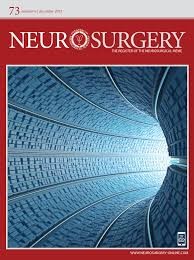The need for sideline rapid assessment of mild head injury is fundamental to limiting the deleterious effects of repeated impacts to the head. The great majority of athletes are at the youth sports level and not in collegiate or professional sports, which leaves many important decisions to be made by parents and coaches on the sideline. This structural element of sport is unlikely to change since allocating medically trained people to youth sports will require unavailable financial resources. Accordingly, empowering adults to administer a simple, rapid, yet effective test is paramount to preventing repeated head injury. As increasing evidence suggests that even mild impact to the head can lead to accruing neuropathology, it may be prudent to routinely perform sideline testing for players involved in even modest collisions. This could help avoid return to play of athletes with sub-concussive impacts as knowledge about head injury continues to evolve.
Summary Points:
- Sideline tools are necessary in order to detect concussions in amateur league and youth sports.
- 37 rugby players were administered the K-D Test prior to the start of the matches, after each match, and instances of any head trauma during a match. There were 5 witnessed concussions and 17 unrecognized concussions, which were all identified with poorer performance on the post-injury K-D Test.
- Physical fatigue did not worsen K-D scores therefore it is a reliable test to administer after intense physical exercise.
- The K-D Test is a reliable, repeatable, rapid sideline tool that may be administered by lay persons.

